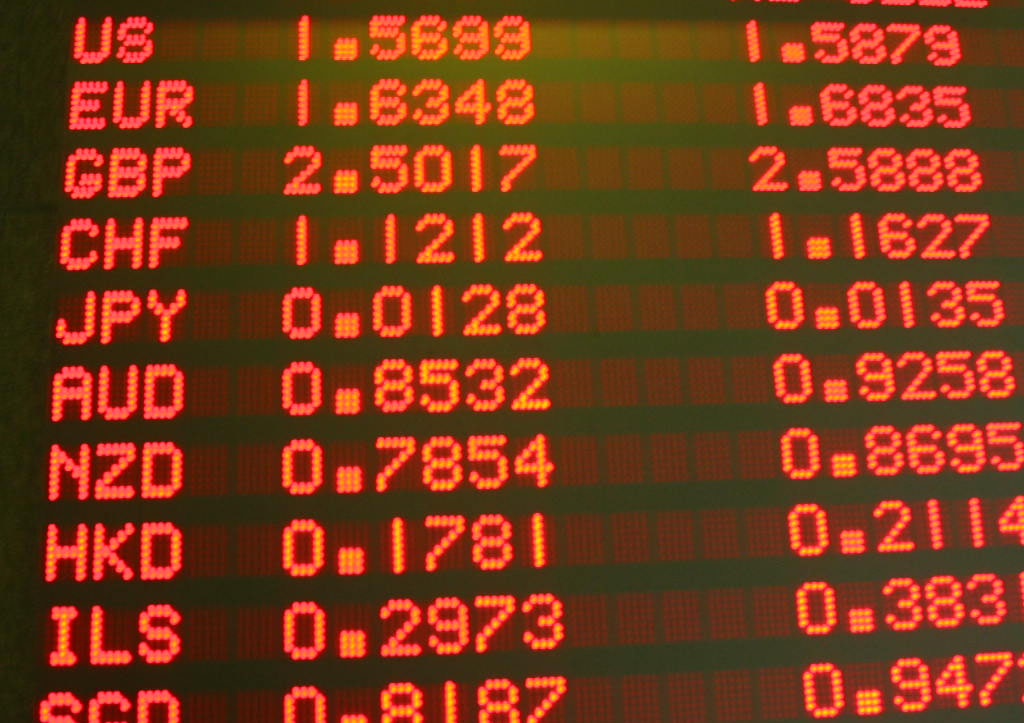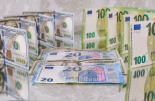Monex: Marktsentiment verslechtert - EUR/USD daalt verder

Hieronder volgt een commentaar in het Engels van Ranko Berich, Head of Research bij Monex Europe op de Amerikaanse dollar, euro en het Britse pond.
USD
Global markets saw a volatile end to a volatile second quarter yesterday, with the dollar at first strengthening against JPY before rapidly losing ground in the evening. Compared to the beginning of yesterday, the Norwegian krone remains the biggest winner against the dollar, while AUD and NZD have suffered the biggest losses. Price action against the euro was more subdued, and the single currency has remained largely on the back foot over the past 24 hours. The Federal Reserve took more steps to improve access to dollar liquidity yesterday by setting up a new facility to allow global central banks to access US dollars using repurchase agreements, a form of collateralised lending. The announcement, combined with currency swap facilities, seems to have reduced pressure on US dollar funding. Cross currency basis swap spreads have narrowed and. even swung into the positives for 3 month USD JPY swaps, meaning that at the time of writing USD funding is not attracting a premium as it did earlier in the month during periods of intense spot USD appreciation. Donald Trump said that the US coronavirus death toll could be between 100,000 and 240,000 even if social distancing was followed, a notably more pessimistic assessment than what he has previously been willing to make. Trump’s public health advisors urged the public to follow lockdown policies to mitigate as much loss as possible. US data released yesterday did not reflect the full impact of the coronavirus outbreak, with both the Chicago PMI and the Conference Board’s consumer confidence index beating expectations by significant margins. The St. Louis Federal Reserve released some estimates of how bad the economic shock from the virus may be for the US economy, including an eye catching 32% unemployment estimate for the second quarter.
EUR
The euro managed to recover some of its losses from yesterday but remained on the back foot as dollar demand continued its way to the second quarter. Today’s agenda is packed with data releases for the eurozone. German month-to-month and year-to-year retail sales figures printed well above consensus for February, long before the coronavirus shock began to truly set in. The MoM retail sales were expected to slip to 0.1% from the prior 0.9%, but printed at 1.2%. YoY retail sales were expected to fall to 1.5% from 1.8%, but were greatly underestimated and printed at a whopping 6.4%. Dutch and Spanish manufacturing purchasing managers’ indices printed above consensus but below the prior levels with a 50.5 and 45.7 respectively. Whereas previous disappointing hard data that was released for the eurozone in the past weeks did not startle the euro, today’s encouraging data has not left an impression with the currency either, likely due to the fact that increasing supplier lead times are interpreted as positive in the construction of these indices.
GBP
Sterling is on the back foot this morning, paring back yesterday’s small rally against the US dollar. Gilts rose on safe haven demand as yields fell 6bps while stocks slumped, and Sterling dropped ahead of the final purchasing managers’ indices data for March, which showed an increase in the index to 47.8, although the figure was higher due to increasing supplier lead times, as opposed to favourable business conditions. The Former deputy governor of the Bank of England, Charles Bean, suggested in a blog yesterday that the Bank of England should buy UK debt directly from the government, as the private sector may not be able to take up all the additional debt needed to calm the coronavirus economic turmoil. The BoE, which responded to the coronavirus outbreak by cutting interest rates with a total of 65 bps and expanding its asset purchasing program by £200 bln pounds, already buys gilts in the secondary market. Throughout yesterday, five major UK banks agreed to postpone dividends until at least year-end, and agreed there also would not be any share buybacks. The moves should free up £7.5 bn of capital over the next two months, and comes after Prudential Regulation Authority asked lenders in a statement to cancel payments.








